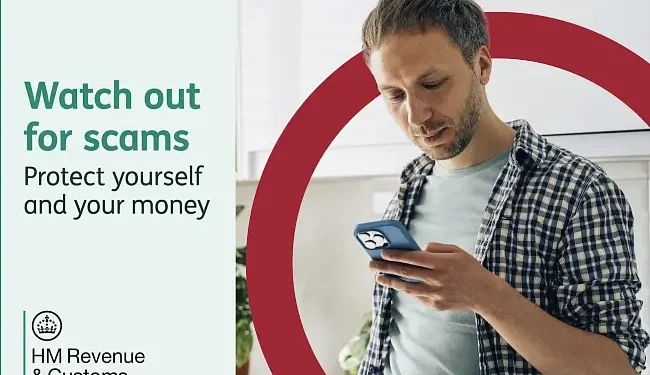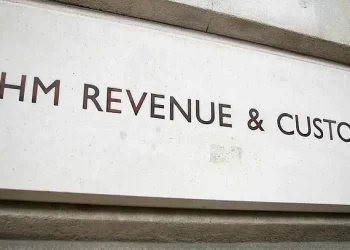HM Revenue and Customs (HMRC) is alerting UK Self Assessment taxpayers to be cautious of scams impersonating the department, especially fake tax refund offers and phishing attempts.
Despite a 12% drop in scam reports, over 170,000 referrals were made by July 2025, with more than 47,000 involving fraudulent tax refund claims.
Understanding the Threat
The warning from HMRC is particularly significant for professionals, business owners, and self-employed individuals who rely on Self Assessment for tax filing. Scams targeting these groups can lead to severe financial losses and identity theft.
For instance, a sole trader might be deceived into paying a fake tax bill, risking cash flow and credit status. Early awareness and filing can reduce vulnerability to such frauds.
Practical Steps for Protection
- Never share personal details via email or text; report suspicious communications through official channels.
- File tax returns early to recognize genuine communications and avoid scams near the January deadline.
- Forward suspicious emails to phishing@hmrc.gov.uk and texts to 60599; report scam calls via GOV.UK.
- Claim refunds securely through your HMRC online account or the free HMRC app.
- The ‘Stop! Think Fraud!’ campaign offers practical advice against scams with support from law enforcement.
The Human Impact
For many in the UK these scams pose a threat to personal financial security. Victims may face stolen banking details or fraudulent tax claims that complicate their tax affairs.
Stakeholders like tax agents must remain vigilant to protect client data and maintain trust. Practical steps include verifying communications via GOV.UK and using official HMRC digital services for refunds.
A Recent Perspective
This alert follows a pattern of rising tax-related scams in the UK. The government’s ongoing campaigns since 2023 reflect sustained efforts to combat fraud.
The January Self Assessment deadline has historically been a peak period for scams, making timely filing and vigilance consistent government recommendations.
Expert Insights
“Scammers target individuals when they know Self Assessment customers will be preparing to file their tax returns,”
said Kelly Paterson, Chief Security Officer at HMRC.
“We’re urging everyone to stay alert to scam emails and texts offering fake tax refunds.”
Additional Reading
Wrapping Up
The rise in scam referrals despite a reduction suggests fraudsters are adapting their tactics. This highlights broader cybersecurity challenges intersecting with tax administration.
As scams become more sophisticated, leveraging AI-generated communications or deepfake technology may become common threats that require updated security measures and continuous education for both HMRC officials and the public alike.
Sources: UK Government, Crimestoppers UK, HM Revenue & Customs, and NEBRC.
Prepared by Ivan Alexander Golden, Founder of THX News™, an independent news organization delivering timely insights from global official sources. Combines AI-analyzed research with human-edited accuracy and context.









